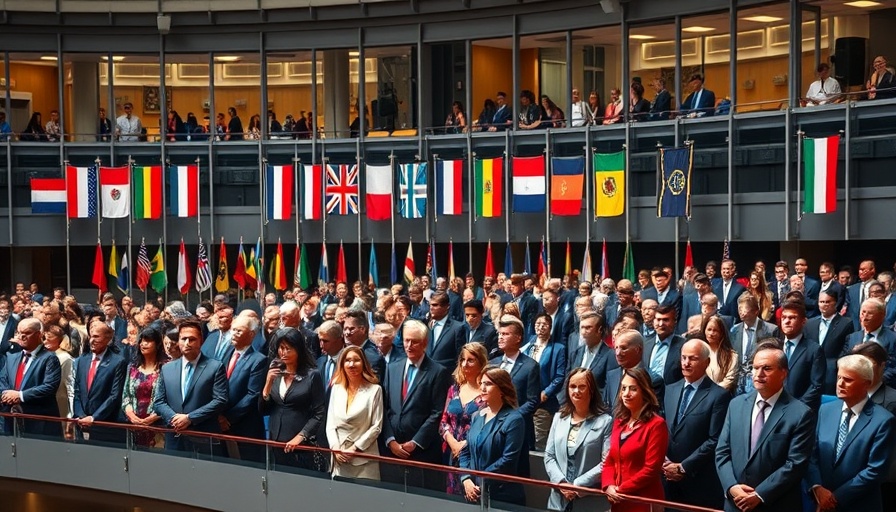
The IMF: More Than Just a Money Lender
The International Monetary Fund (IMF) is known around the world for stepping in to help countries facing financial crises. But behind its role as a financial rescuer lies a unique funding structure that many might not understand. It operates somewhat like a credit union, allowing member countries to support each other while meeting their own financial goals.
A Unique Funding Model
The IMF's funding mechanism is fascinating. Each of its 191 member countries has a specific quota based on its economic size. This quota isn’t just a measure; it’s a significant part of the IMF’s financial system. When countries contribute to the IMF, they effectively count their contributions as part of their foreign reserves. This arrangement is unique because it avoids the need for taxpayer money or annual budget allocations.
How Does This Help Countries?
This system is beneficial for both lending and borrowing countries. When a country faces a financial crisis, it can draw on its quota to access funds held by the IMF. This allows for quick financial relief, helping nations manage challenges like debt obligations or import payments, preventing them from spiraling into greater economic difficulties.
Why It Matters for the Global Economy
The IMF plays a crucial role in the global economic safety net. By pooling resources from its member countries, it can act quickly to provide liquidity support to those in urgent need. This service is different from development aid offered by other financial institutions, which fund projects like infrastructure. Instead, the IMF focuses on stability during tough times, reinforcing the idea that a robust IMF can lead to a more stable global economy.
Future Implications
As the world economy faces ongoing challenges, understanding how organizations like the IMF function is essential. Their ability to provide swift assistance could be pivotal in preventing financial crises that could affect multiple economies. Countries must recognize the value of participating in such structures, ensuring a collective approach to financial challenges.
Conclusion
The IMF’s unique funding model not only supports countries in distress but also stabilizes the broader global economy. As nations navigate through financial challenges, knowing how the IMF operates and its importance can help foster better international cooperation and understanding.
 Add Row
Add Row  Add
Add 




Write A Comment